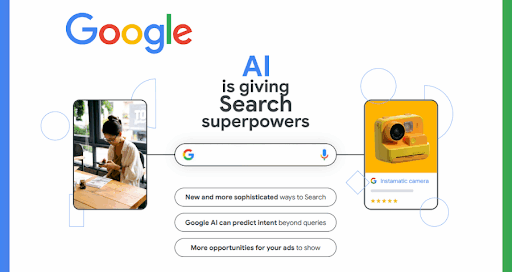Is META trying to make agencies redundant?
Meta's recent announcement to fully automate ad creation using AI by the end of 2025 marks a significant shift in digital advertising. While this move promises efficiency and scalability, it also raises concerns about the alignment of AI-driven campaigns with actual business objectives.















